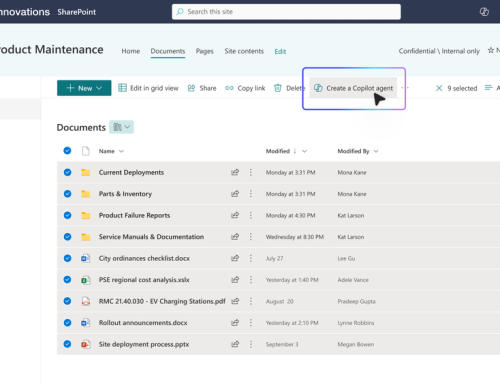Spoiler alert! This is not another one of those articles about GDPR designed to put CEOs, Compliance Officers and CISCOs into a state of panic about how to get their business compliant by May 2018. No, instead this post is actually about why GDPR could be a good thing for the financial services industry, and why it might be a great opportunity for your company.
While GDPR compliance does mean implementing new processes and measures to protect the personal data businesses handle and store, and non-compliance could mean substantial fines if data is compromised; overall we think it is also good news for financial services businesses.
Why GDPR is a good thing
First and foremost is trust. Something that financial services companies need, and something that in some cases is missing from the customer relationship. GDPR is all about protecting personal data – including your customers’ data, your employees’ data, and any other data on individuals your business touches.
GDPR compliance incentivises companies to review and improve their data privacy strategies, making them more robust and secure, and prioritising the individual’s privacy over the business’ needs. By complying with the new legislation your business can transform its approach to data privacy and earn the trust of consumers.
This is beneficial for the industry as a whole, ensuring that in the event of a breach, data that might identify an individual is protected, and good for individual businesses that stand to lose customers and revenue if data is compromised.
However, it also provides an opportunity to be more transparent and build trust: reassuring consumers that their sensitive financial data is safe, and thereby attracting and retaining customers.
Get more value out of your data
GDPR also provides an opportunity for a full-scale audit of the data a business processes. While this may be onerous a key benefit is that it improves the quality of your data, forcing businesses to clean up their datasets and this makes the data much more valuable.
As a result it becomes easier to target customers more accurately, deliver a better customer experience and be more efficient in the way data is used. With greater transparency and by building trust with the customers whose data your business stores, customers are more likely to share useful data helping your business to target them with more personalised content.
GDPR could help with digital transformation
Finally, GDPR compliance requires businesses to think about their digital strategies and harness digital solutions to protect systems and data. The financial services industry was not an early adopter of digital technology – legacy systems and caution has slowed down digital transformation – but consumer demand and challengers like the FinTech start-ups have created a digital economy that traditional FS businesses need to be part of.
GDPR should be viewed not as a burden but as an enabler that will help with digital transformation strategies, tackling an important key area of digitalisation – security and data protection.
Of course, new legislation can be disruptive, consuming resources and diverting attention from other areas of the business. But GDPR needs to be addressed, the cost of non-compliance is too great for most businesses, and there are a lot of positives that can be obtained by putting the right measures in place.
To explore how GDPR affects your business and the opportunities it also presents, please get in touch. Call 0330 124 3599 sales@prodriveit.co.uk
Pro Drive IT run regular free workshops for business leaders, CISOs, Compliance Officers and IT professionals covering subjects such as cyber security, business continuity and GDPR. More details about these can be found here.








